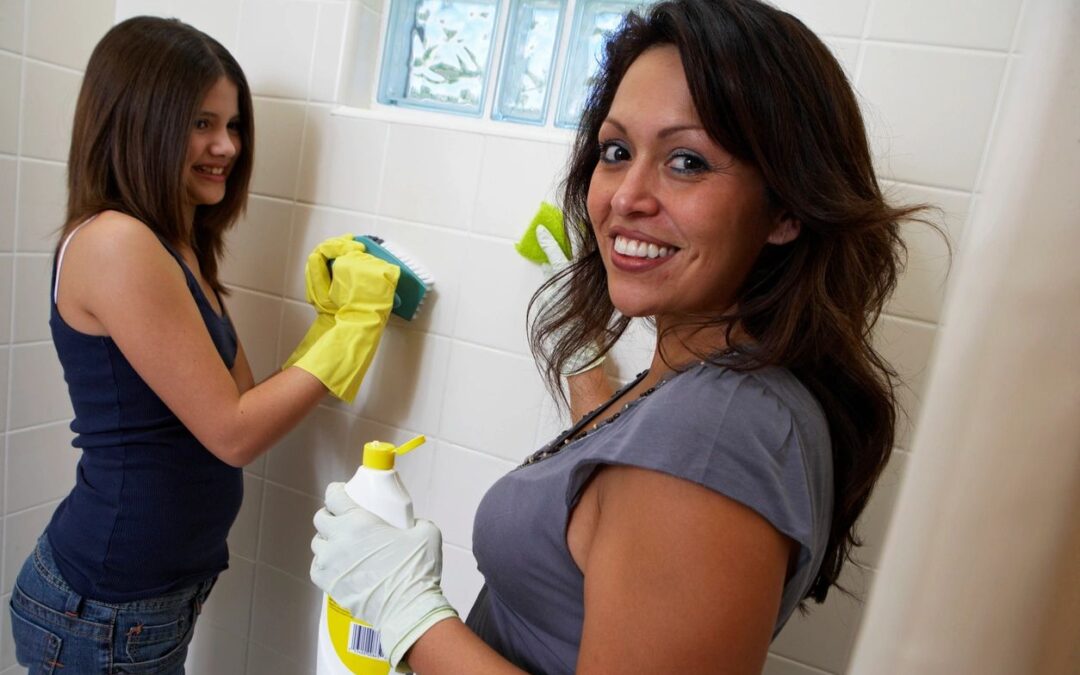Creating a Stress-Free Living Space
Decluttering Tips for Hoarders
Is your home overwhelmed with piles of stuff? Do you feel anxious and stressed due to the clutter surrounding you? If so, you’re not alone. Hoarding disorder affects many individuals, impacting their mental health and overall quality of life. The good news is that by implementing some decluttering tips specifically designed for hoarders, you can regain control of your living space and experience a sense of relief and calm. Let’s explore some effective strategies before you get started to help you declutter and create a stress-free environment.
Understanding Hoarding Disorder
Before diving into decluttering tips, it’s essential to understand hoarding disorder and its effects. Hoarding disorder is a mental health condition characterized by excessive accumulation of items and difficulty in parting with them. Here’s what you need to know:
- Causes of hoarding disorder: Hoarding can result from a combination of genetic, environmental, and psychological factors.
- Symptoms of hoarding disorder: Persistent difficulty discarding possessions, excessive acquiring, cluttered living spaces, and distress or impairment caused by hoarding.
- Differentiating hoarding from collecting: While collectors tend to organize and display their items, hoarders struggle with excessive clutter and disorganization.
Benefits of Decluttering
Decluttering offers numerous benefits for hoarders, improving their mental well-being and living conditions. Here are some of the key advantages:
- Improved mental health: Decluttering helps reduce stress, anxiety, and feelings of overwhelm associated with hoarding disorder.
- Reduced stress and anxiety: Clearing out the clutter can create a sense of calm and serenity in your living space, making it easier to relax and focus.
- Increased safety and hygiene: Removing clutter reduces the risk of accidents, improves air quality, and promotes a healthier living environment.
- More organized and functional living space: Decluttering allows you to reclaim your living space, making it easier to find things, move around, and enjoy your home.
Decluttering Tips For Hoarders
While decluttering may feel daunting, taking it one step at a time and following these practical tips can make the process more manageable:
- Start small and gradually increase: Begin with a small decluttering task, like clearing a single drawer or a small area, to build momentum and confidence. As you progress, tackle larger spaces.
- Set achievable goals: Define specific and realistic goals for each decluttering session. For example, aim to sort through one box of items or declutter a specific area within a set time frame.
- Sort items into categories: Divide items into categories such as keep, donate, sell, or throw away. Be honest with yourself about the things you truly need and use versus those you can let go of.
- Seek help from professionals or support groups: Consider reaching out to professional organizers or support groups specializing in hoarding disorder. They can provide guidance, emotional support, and practical assistance.
- Develop new habits and routines: Focus on developing new habits and routines to maintain a clutter-free environment. Set aside regular time for decluttering and commit to practicing daily habits that prevent clutter accumulation.
Challenges of Decluttering for Hoarders
Decluttering for hoarders can be emotionally challenging and overwhelming. Recognizing these obstacles can help you navigate them more effectively:
- Emotional attachment to possessions: Hoarders often form deep emotional connections to their possessions, making it difficult to let go.
- Fear of losing control or making the wrong decision: Anxiety about making decisions and the fear of regret can hinder the decluttering process.
- Overwhelmed by the volume of items to declutter: The sheer amount of clutter accumulated over time can feel overwhelming, leading to a sense of helplessness and indecision.
Overcoming Challenges
Overcoming the challenges of decluttering requires patience, support, and the adoption of helpful strategies. Here’s how you can tackle these obstacles:
- Seek professional help or support groups: Reach out to professionals experienced in hoarding disorder or join support groups specifically designed for individuals facing similar challenges. They can offer guidance, encouragement, and a safe space to share experiences.
- Use cognitive-behavioral therapy techniques: Cognitive-behavioral therapy (CBT) can be beneficial in addressing the emotional aspects of hoarding disorder. It helps challenge negative thoughts and develop healthier perspectives towards possessions and decluttering.
- Set realistic expectations: Remember that decluttering is a process that takes time. Set realistic expectations for yourself and celebrate small victories along the way. Each item discarded or organized is progress worth acknowledging.
- Celebrate progress: Celebrate milestones and progress made during the decluttering journey. Reward yourself for each step forward, whether it’s treating yourself to something you enjoy or taking a break to relax and recharge.
Conclusion
Decluttering for hoarders is a transformative journey that requires empathy, perseverance, and a supportive environment. By understanding hoarding disorder, recognizing the benefits of decluttering, and implementing practical tips, you can gradually reclaim your living space and improve your well-being. Remember, you are not alone, and seeking help from professionals and support groups is a valuable resource on this path to a clutter-free and stress-free life.
If you are interested in learning how the use of aromatherapy can help you enhance your cleaning routine check out The Benefits of Using Aromatherapy in Your Cleaning Routine
My personal favorite decluttering books:
Decluttering At The Speed Of Life
Keep The Memories Not The Stuff (This is a great book if you are holding on to items from someone who has passed)
If you or someone you know is struggling with hoarding disorder, consider reaching out to mental health professionals, therapists, or hoarding-specific organizations in your area. They can provide personalized guidance and support tailored to your needs.
Read Next:
Have fun creating a life that naturally makes scents!


